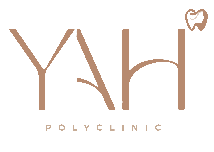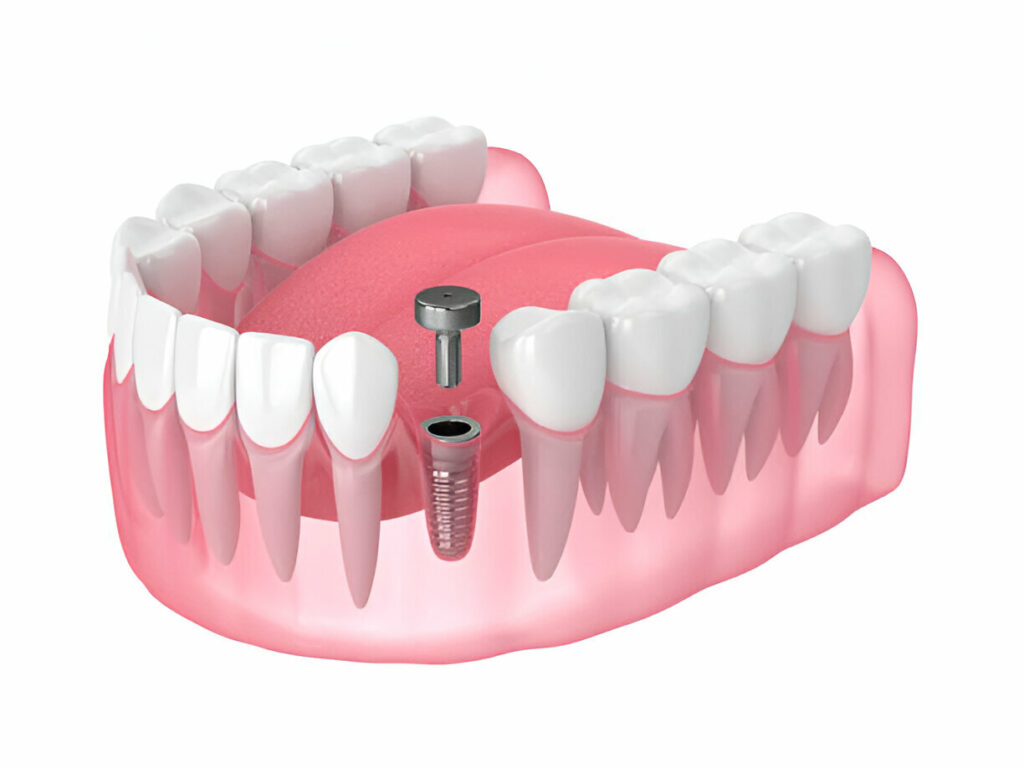Getting a dental implant is a great way to replace a missing tooth and bring back your smile. After the surgery, many people ask, “Can I brush my teeth after an implant?” It’s a very important question. The way you care for your teeth after surgery will help your implant heal well. Brushing your teeth too soon or too roughly can slow down healing. But brushing at the right time, and in the right way, helps keep your mouth clean. In this article, we’ll explain how to brush your teeth after a dental implant safely and properly.
What to Expect After Surgery
After Dental implant surgery, your mouth needs time to rest and heal. The gum around the implant is soft and can get hurt easily. That’s why you must be careful during the first few days. Right after the surgery, the body starts forming a blood clot over the implant site. This is normal and helps protect the area. If the clot gets disturbed, it could slow healing or lead to problems. So, for the first 24 hours, don’t brush your teeth or rinse your mouth. Just rest, drink water, and follow your dentist’s advice closely.
Can Dental Implants Be Done in One Day?
When Can I Brush My Teeth Again?
You can start brushing your teeth again after 24 hours. But don’t brush the implant area just yet. Use a soft-bristled toothbrush and be gentle. Clean the rest of your teeth like normal, using small, soft circles. Be very careful around the implant site. You can also rinse your mouth gently with warm salt water after eating to keep it clean. Saltwater helps reduce swelling and fights germs without being too strong. If you’re unsure about proper care, a visit to a trusted polyclinic in Dubai can give you expert advice and personalised support during healing.
Brushing Tips for Healing Teeth
It’s very important to use the right brushing technique after getting an implant. Always use a soft-bristled toothbrush. These brushes are gentle and won’t hurt your gums. Use slow, small, circular motions. Don’t scrub hard. Hold the brush at a 45-degree angle towards the gum line to clean well without pressing too hard. Brush your teeth twice a day for two minutes each time. Don’t forget to clean your tongue too, as it holds bacteria that can make your mouth smell bad. Being gentle and patient will help your mouth heal while keeping your teeth clean.
What is the Maintenance on Dental Implants?
Which Toothpaste Should I Use?
Choosing the right toothpaste after dental implant surgery is very important. Use a toothpaste that is made for sensitive teeth. Make sure it does not have strong whitening agents or baking soda. These can be too rough and may hurt the healing tissue. Look for a toothpaste that says “gentle” or “non-abrasive” on the label. Also, pick one with fluoride to protect your teeth from cavities. Ask your dentist if you’re unsure. Keeping your mouth clean with the right toothpaste will help your implant stay healthy and last longer. Soft and gentle is always the best choice.
How to Fix Missing Teeth Without Implants?
Can I Floss After an Implant?
Yes, you can floss after an implant, but not right away. Wait at least a week or as your dentist recommends. When you do start, be gentle and avoid tugging near the implant site. Instead of string floss, you may find it easier to use a water flosser or a soft interdental brush. These tools can clean between your teeth without hurting the healing area. Daily flossing helps remove food and plaque that your toothbrush can’t reach. A clean mouth helps your gums heal and keeps the implant safe from infection or other problems.
Why Not Replace Teeth with Implants?
Other Good Habits for Healing
Brushing and flossing are important, but there are more things you can do to help healing. Drink lots of water and avoid hot, spicy, or crunchy foods. Stick to soft foods like mashed potatoes, soup, and yoghurt during the first few days. Don’t use a straw, as sucking can disturb the healing clot. Avoid smoking and alcohol, as they slow down healing and can lead to implant failure. Try to rest as much as possible and keep your head slightly raised when lying down. These small steps will make a big difference in how fast you heal.
How Long Do Teeth Implants Last?
Long-Term Implant Care
Once your mouth has healed, your implant still needs care. Brush twice a day using the same gentle method. Use a soft brush and fluoride toothpaste. Keep flossing daily and use a water flosser if needed. Visit your dentist for regular check-ups every six months. This helps catch any problems early. Avoid chewing on hard things like ice or pen caps, as this can damage your implant. With proper care, your implant can last many years, even a lifetime. Good brushing habits, clean eating, and regular dental visits will keep your smile bright and healthy.
Does Baking Soda Whiten Teeth?
Need Expert Implant Care? Visit YAH Polyclinic
At YAH Polyclinic, we’re here to guide you through every step of your dental implant journey — from surgery to full recovery. Our experienced dental team offers gentle, personalised care to ensure your implant heals safely and lasts for years. Whether you need advice on brushing, check-ups, or ongoing support, YAH Polyclinic is your trusted partner in oral health.
Book your appointment today and enjoy a clean, confident smile with expert care you can count on.
Frequently Asked Question
Can I brush directly over the implant site?
No, avoid brushing directly over the implant site for the first few days. The area needs time to heal. Instead, gently brush the nearby teeth and use saltwater rinses to keep the area clean without touching it. After healing, your dentist will advise when brushing there is safe.
What toothbrush is best after an implant?
A soft-bristled toothbrush is best. It’s gentle on your gums and helps avoid irritating the healing tissue around the implant. Electric toothbrushes can also be used later, but start with a manual one. Always be gentle and take your time while brushing during recovery.
Can I use mouthwash after implant surgery?
Avoid mouthwash for the first 14 days after your surgery. Many mouthwashes contain alcohol, which can slow down healing or cause irritation. Stick to saltwater rinses during the early healing period. Later, you can use a mild, alcohol-free mouthwash recommended by your dentist.
Will brushing hurt after a dental implant?
Brushing might feel a little uncomfortable at first, especially near the implant. That’s normal. Use slow, gentle movements and a soft brush. If the pain is strong or lasts several days, contact your dentist. Never force brushing over a painful or swollen area.
Can children get dental implants?
No, dental implants are usually not for children. A child’s jaw is still growing, and placing an implant too early could cause problems. Dentists usually wait until the jaw has fully developed, which is around late teens or early adulthood, before considering implants.





